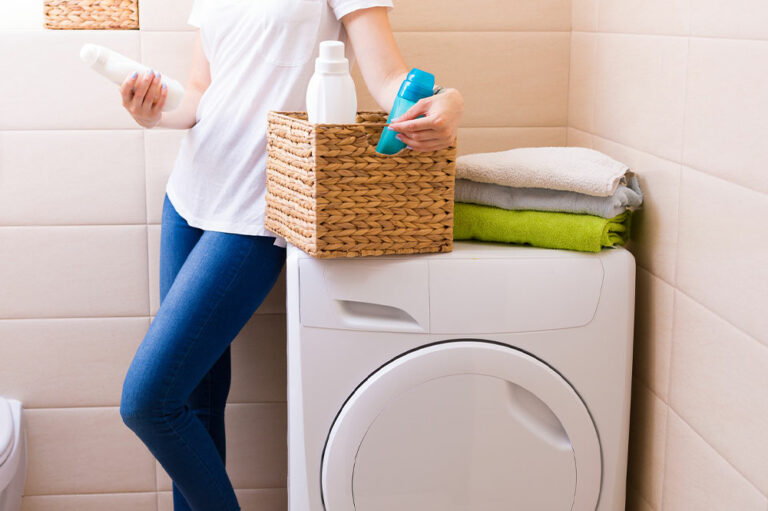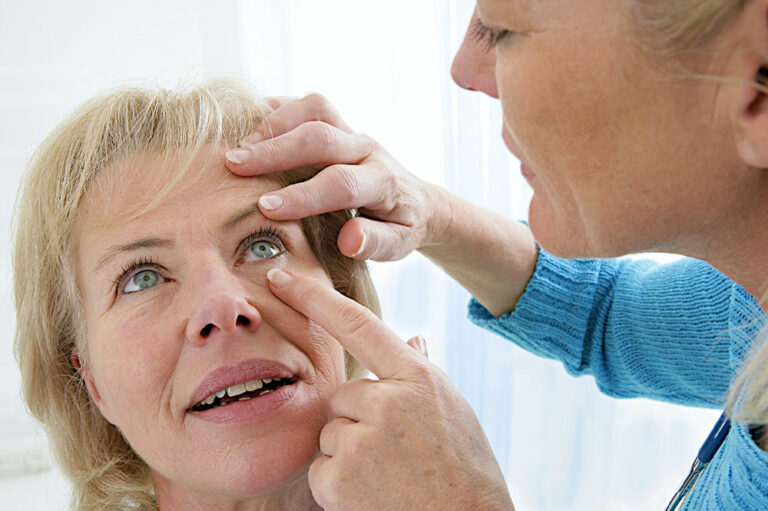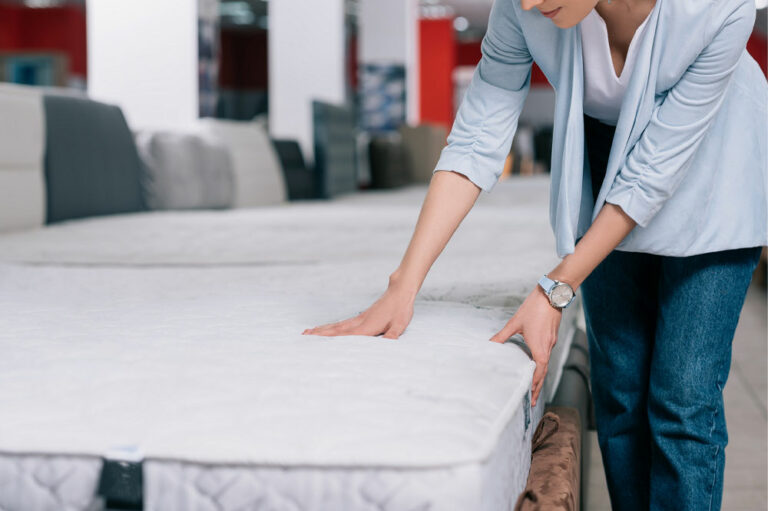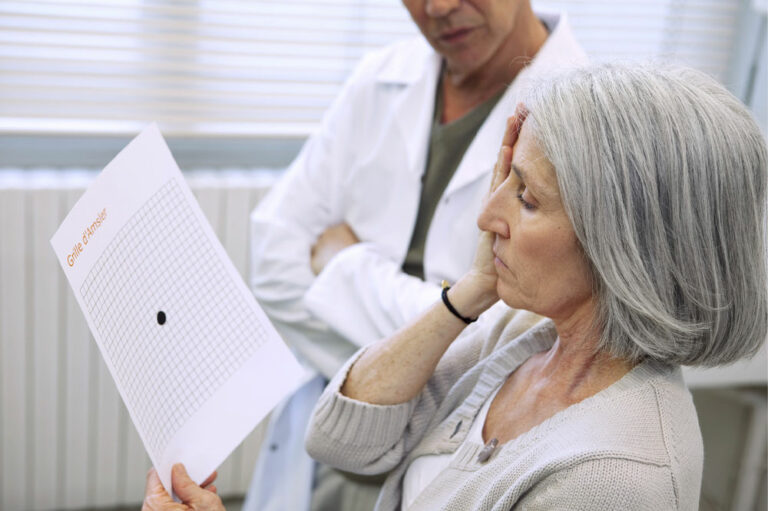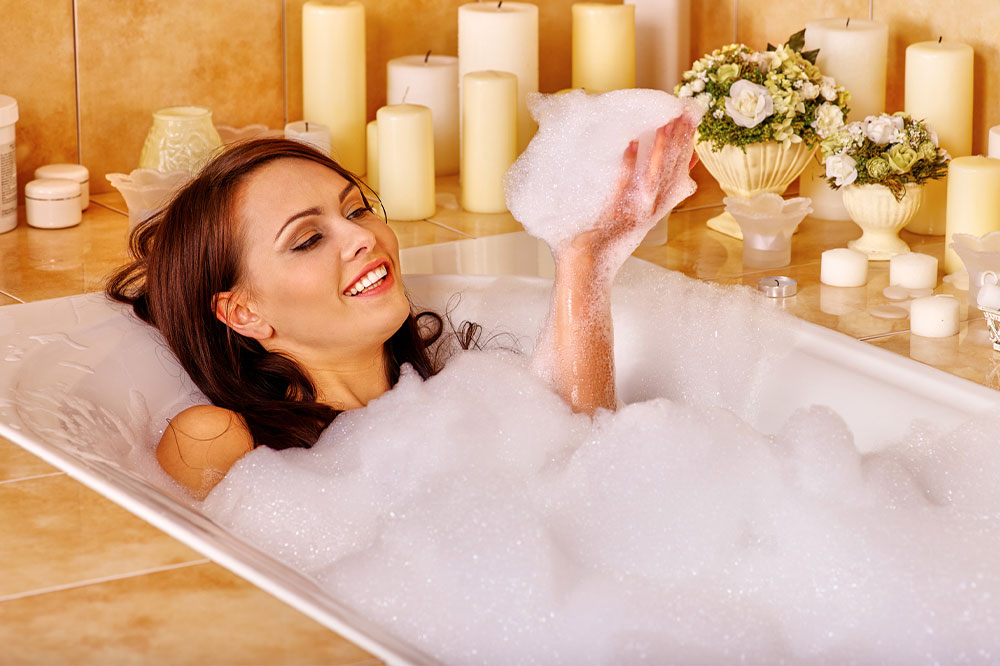
Common mistakes to avoid while bathing and showering
Whether one needs to prepare for a busy day ahead or unwind after a hectic one, a warm bath is the way to go. A warm shower can be highly therapeutic, enhancing one’s mood instantly and offering several health benefits, including boosting immunity and ensuring cold and pain relief. However, not bathing right can trigger or worsen skin conditions like psoriasis and eczema. Here are some common mistakes one should avoid while bathing or showering:
Avoiding exfoliation
Although the body naturally gets rid of dry skin cells and develops new ones, exfoliation removes excessive dry skin cells and facilitates glowing skin. Hence, it is advisable to use a scrub or chemical exfoliator at least once in 10 days. This product should be applied in a circular motion throughout the body for 10 seconds and then rinsed off with lukewarm water.
Bathing in extremely hot water
If the water temperature is too high, it can cause damage to the keratin cells located on the skin’s outer layer. Hence, it is important to regulate water temperature before stepping into the shower. Lukewarm water typically works best for one’s skin.
Showering for a long time
Although showering can help relax one’s body and mind, especially after a long day, bathing for too long can de-moisturize the skin and increase one’s risk of developing skin conditions. Hence, one should avoid showering for more than 15 minutes to prevent dry skin.
Washing hair every day
It’s best to avoid washing hair on a daily basis as this can lead to dryness and breakage in the long run. Excessive use of shampoo can strip the hair of its natural oils and spoil its texture. Thus, one must limit hair washing to twice or thrice a week.
Scrubbing the scalp with fingernails
The scalp typically contains oily skin, flakes, and dust; hence, washing the scalp regularly is essential to ensure a clean scalp. However, this process should be gentle, as scrubbing the scalp vigorously with one’s fingernails can increase flaking and cause scalp damage. It is recommended to use fingertips to scrub the scalp in a circular motion for best results.
Soaping the arms and legs excessively
Although the arms and legs should be scrubbed well, they typically do not accumulate as much dust and dirt as certain other body parts, such as the underarms, feet, and neck. Therefore, one should apply more soap to these areas to prevent body odor and itching.
Not rinsing off soap properly
Soap that lingers on the skin after a bath can cause clogging of skin pores, leading to acne and breakouts. Hence, one should rinse the body thoroughly after a shower, ensuring no soap traces remain.
Not moisturizing after a shower
Wiping the body after a shower can cause it to become dry and trigger itching and rashes. Thus, a layer of moisturizer or body lotion should be applied evenly on the body immediately after a shower to retain skin suppleness and moisture. It is important to look for hypoallergenic moisturizers that do not contain any added fragrances.
Using the wrong towel
A common showering mistake is to use a rough-textured towel to wipe oneself after a bath. A towel’s density is typically measured in grams per square meter (GSM). Towels below a GSM of 400 are rough and thin and not suitable for use after a bath. One should pick towels with GSMs from 400 to 550, as these are soft and gentle on the skin. Moreover, the towel’s material should be carefully considered before purchase. For example, premium Egyptian or Turkish cotton towels are ideal for all skin types.
Not washing the towel regularly
Damp towels not only produce unpleasant smells but can also harbor bacteria that may lead to skin infections. Hence, towels should be washed at least once a week. Moreover, on other days, they should be dried completely on a towel bar before being used again.
Forgetting to shower after a workout
Exercising causes sweat to build up on the skin, attracting bacteria that can eventually lead to skin irritation and other conditions. Taking a shower after working out can help prevent these problems and eliminate any unpleasant body odor.
Not cleaning or changing one’s loofah
Unclean loofahs can eventually breed bacteria and mold, leading to skin diseases. Hence, it is recommended to soak one’s loofah in a baking soda solution once a week before rinsing it off and drying it completely. Moreover, loofahs should be changed once a month to ensure adequate hygiene.
Not buying the right soap
Some soaps have abrasive ingredients, which can harm the skin and cause rashes and breakouts. For this reason, it is best to read the ingredients used in a soap carefully and look for the ones containing mild ingredients like salicylic acid, oatmeal, and aloe vera, which are mild and gentle on the skin. Moreover, comedogenic products, which can clog skin pores and cause acne, should be avoided.
Using a razor with too many blades
While razors with four or five blades ensure a close shave, they are often harsh on the skin and can cause razor bumps, rashes, and itching. Razors with two blades can also ensure a clean shave without hurting the skin. One should also thoroughly exfoliate the area to be shaved and use a soothing after-shave lotion to prevent skin discomfort.
Not installing a grab bar
To ensure a safe exit from a bathtub, it’s crucial to have a grab bar in place. This accessory helps prevent accidents and injuries by providing much-needed support. The grab bar should be installed on the wall directly above the bathtub. One should also follow other bathroom safety practices, like spreading a non-slip mat on the bathroom floor to prevent skidding.
Besides avoiding the bathing and showering mistakes mentioned above, one should follow some general skincare tips to prevent infections. Some such practices include moisturizing regularly, staying hydrated, and using skincare products suited to one’s skin type. Having nutrient-rich foods such as fatty fish, avocados, beans, nuts, fruits, and vegetables is also essential for healthy skin.
